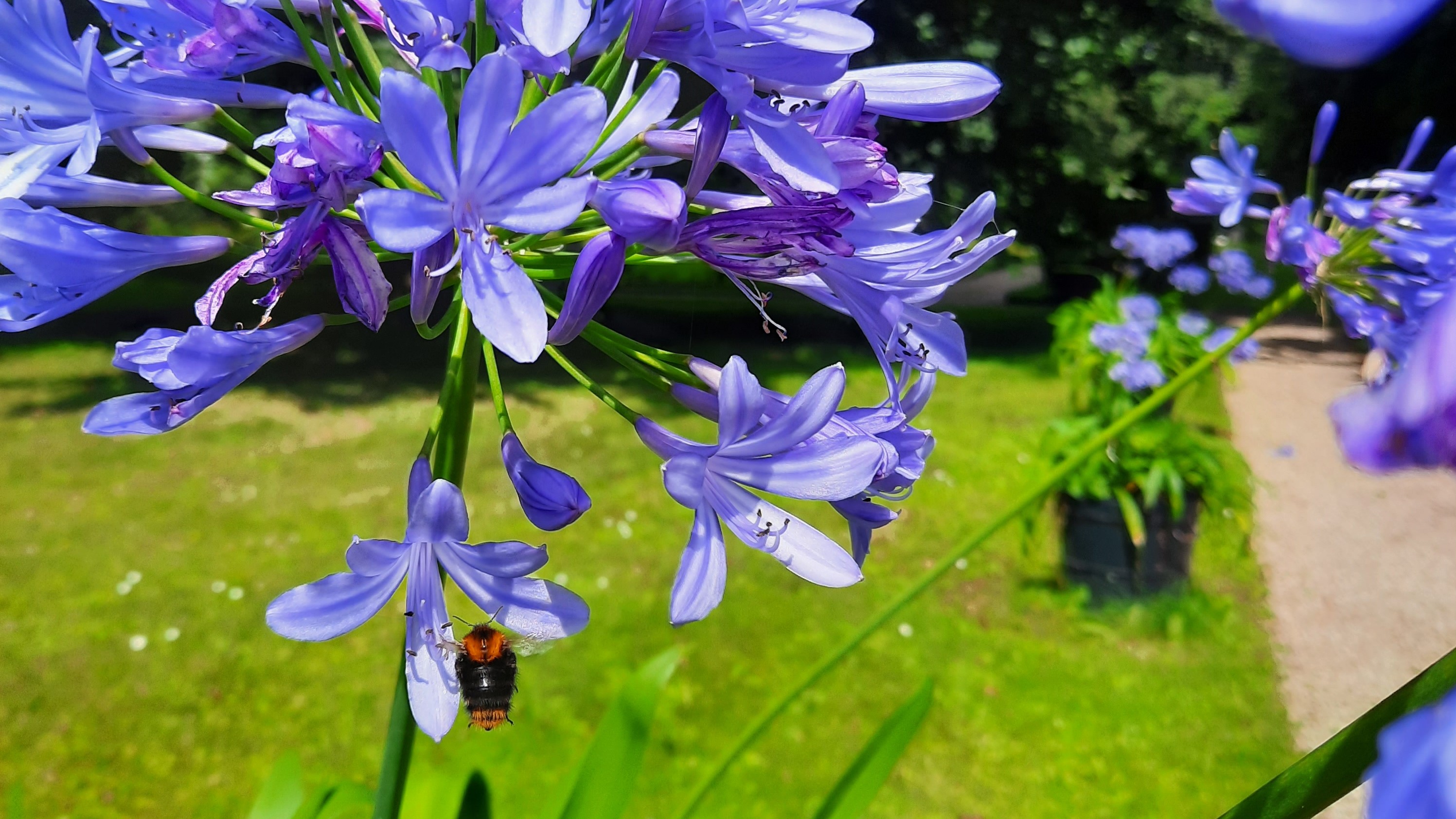Nature also needs rights to preserve biodiversity. In 2006, the idea of granting nature rights (Rights of Nature) was born in the United States. The idea soon gained momentum; just a decade and a half later, the idea has spread around the world. Prof. Tineke Lambooy and Prof. Ronald Jeurissen, both professors at Nyenrode Business Universiteit, in collaboration with Alex Putzer, Researcher in Rights of Nature in an Urban Environment, and Eunsu Kim, graphic designer, identified and analyzed 409 initiatives worldwide, found in 39 countries.
"With the Eco-Jurisprudence Monitor, we have created the most comprehensive online database of Rights of Nature initiatives to date," said Jeurissen. "The research shows that Rights of Nature is a rapidly growing global trend toward truly including nature in our thinking, from anthropocentrism to ecocentrism."
The rights of ecosystems
Recent alarming reports show that ecosystems, plant and animal species are on the verge of mass destruction because of us if we do not take action now. This also applies to the indigenous peoples and cultures that live in those ecosystems. Lambooy has been researching business & biodiversity and investing in biodiversity since 2007. Since 2018, she has been researching the possibilities of giving rights to entities of nature and how that unfolds.
"Ecosystems are the basis of our existence. We are part of them. We also depend on the health of ecosystems for our own clean air, water, food, resources, and habitat. Humans, as a species on our earth, have become dominant, displacing other species in nature. With the introduction of rights of nature, the question of the intrinsic value of other species in nature is made explicit. What is their right to exist and be on this earth? To rediscover the balance between humans and nature, we will have to give nature a place in our thinking and decision-making models in a serious way," Lambooy explains.
By giving rights to natural entities such as rivers, mountains, forests, wetlands, and animals (species), these entities can decide on their future based on their own interests. Lambooy: "Just like we do ourselves, as well as companies and governments. The representatives of a nature entity with legal personality examine the questions and decisions presented to them from the intrinsic interest of the nature they represent. This way, nature is institutionalized as a stakeholder in our decision-making models.”
Further research
The research team developed a taxonomy, a form of classification, based on the 409 initiatives that can help further research conducted by academics as well as provide examples for policymakers, legislators, and civil society organizations seeking to take action against pollution and destruction of nature. "We developed the classification in consultation with the United Nations ‘Harmony with Nature' program. For example, one category is a classification of variants of natural entities that have been granted rights (individual animals, animal species, individual plants, plant species, lakes, rivers, mountains, etc.). Another category deals with the legal process by which nature's right came into being: through the courts or legislature, or through policy. Another category pays attention to the governance of rights of nature," Lambooy said.
She continues: "A next step is to delve deeper into the individual initiatives and examine how they work in their specific social and legal context. Relevant is also to investigate which forms are most suitable to give a voice to European nature reserves with a high biodiversity content. And to evaluate how rivers in Europe can best be represented in terms of nature values."
In addition, the research team is also presenting two detailed maps that can help policymakers, legislators, judges, and researchers evaluate and compare initiatives, Jeurissen said. "This is just the beginning. Our database is freely available and transferred it to the organization GARN (Global Alliance for Rights of Nature), which keeps it up to date for the United Nations and other users. Initiatives are being added daily. Much more in-depth research on Rights of Nature is made possible thanks to the research direction we have taken, with help from a number of others, including the UN.”
Research conclusion
The researchers argue that the Rights of Nature initiatives represent a global and lasting trend and offers a new form of interpretation of nature-based solutions. This way, nature gets the justice it deserves.
Want to know more about the research? Read the research paper here or the interview with Jeurissen and Lambooy in "De Lichtkogel" of Rijkswaterstaat (in dutch) focusing on Nature's Rights.
Prof. Tineke Lambooy is Professor of Corporate Law at Nyenrode Business Universiteit and conducts (multidisciplinary) research projects in the fields of Corporate Law, Corporate Governance, Corporate Social Responsibility (CSR), and biodiversity conservation and restoration.
Prof. Ronald Jeurissen is Professor of Business Ethics at Nyenrode Business Universiteit and Director of the Institute for Integrity Management and Business Ethics (EIBE). Jeurissen advises organizations within Dutch business and government on integrity management.

